You’ve traveled to Australia with your Work & Holiday Visa and have completed the first organizational to-do's such as getting an Australian cell phone number, applying for a TFN, opening an Australian bank account etc. (BOXIO's Adventure Down Under| How to get started)? Congratulations, you've already come a long way! Maybe you've already asked yourself this question and have already thought a little about whether it should be an off-road car or a spacious van... or maybe no car at all and a coach instead? I would like to discuss the advantages of the various options with you today and tell you a little about my own experiences.
So, as already briefly mentioned, you basically have three different options to choose from. A van, an off-road vehicle (called a four-wheeled drive) or you can buy a ticket for the Greyhound or Premier coach. In addition to a van or off-road vehicle, you can of course also buy any other (small) car, but today we want to look at the two options that are more suitable for camping and traveling.
Traveloption 1: Bus
Perhaps you already know in advance that you will only be in Australia for a few weeks or you want to get a taste of how you like the country and the people and you don't think it's worth buying a car for the time being? No problem, because with the Greyhound or Premier bus you can travel from place to place in complete relaxation.
You can either buy a package ticket for a certain duration or buy a new ticket for each individual trip. For example, if you know that you definitely want to travel a large part of the east coast, a package ticket is definitely worthwhile. This may seem like an impossibly large amount at first, but it will pay off in the end if you really make a lot of stops and compare it with the individual tickets.
The Greyhound bus, for example, which travels the largest route network in Australia, stops at more than 180 different locations in almost every state in Australia
 (image source: screenshot from https://www.greyhound.com.au/company/network-map#network-map).
(image source: screenshot from https://www.greyhound.com.au/company/network-map#network-map).
Portable Sink Starter Set | BOXIO - WASH PLUS
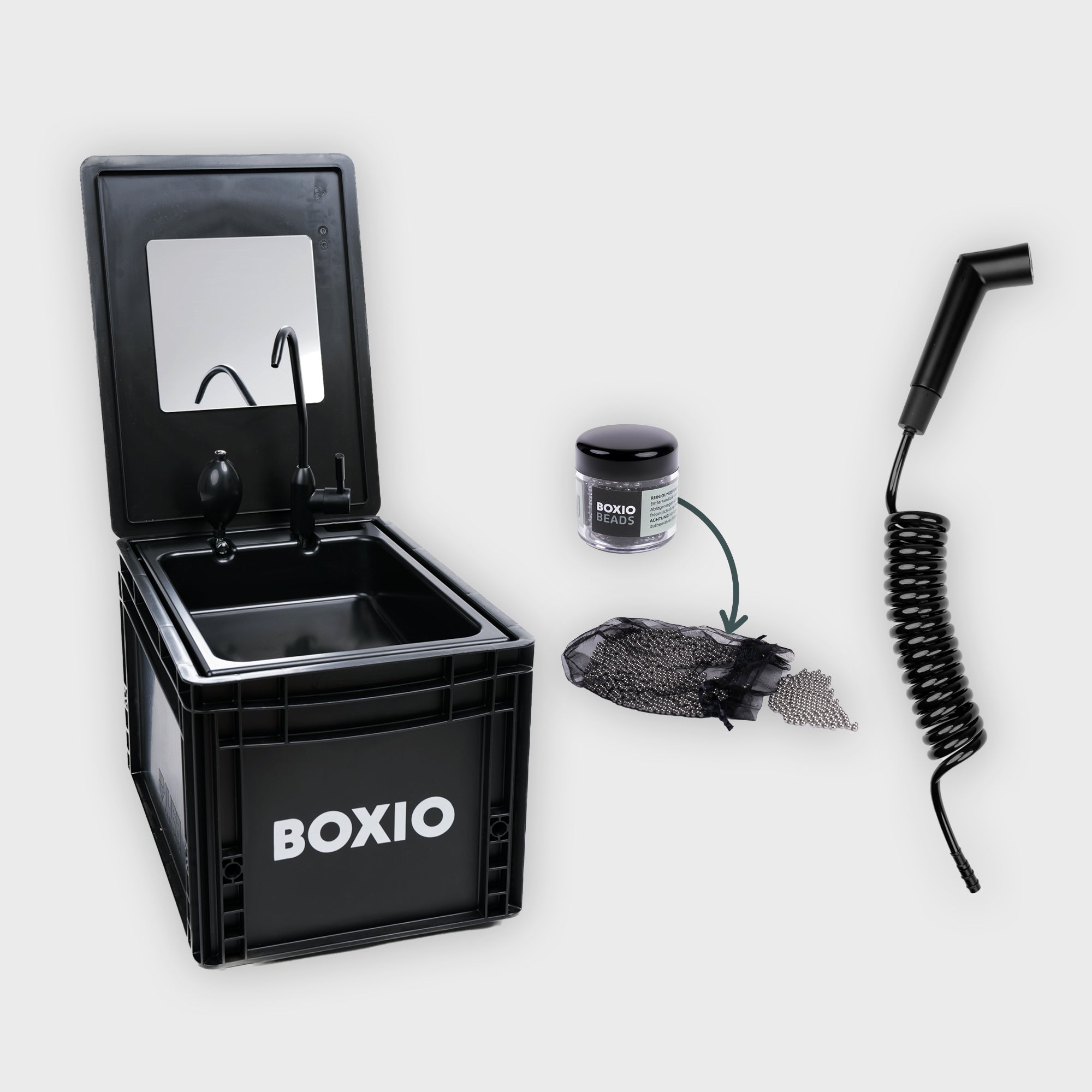
A big advantage of coach travel is that you don't have to worry about your car suddenly breaking down or other unexpectedly high costs. Basically, you don't have to worry about anything except choosing places that you can reach by coach. And then, of course, make a booking, which is quick and easy to do online.
One of the biggest disadvantages for me, however, is that you are completely dependent on the coach, which means you can't just turn left or right, but “only” reach the places that Greyhound goes to. This may or may not be just right for you, depending on your personal plans and wishes. For me, however, it was always important to be independent so that I could also get to remote places.
Traveloption 2: Van
Traveling Australia in a van... who doesn't dream of it? Many Work & Holiday travelers decide to buy a van and live and travel in it. That's exactly what I did on my first trip to Australia in 2020. Back then, my girlfriend and I decided that we wanted to see as much of the country as possible and be as independent as possible. Of course, you can also rent a van, but in my opinion this is only worthwhile if you are traveling for a few weeks, as the rent is very high. If you buy one, it's obviously more money in one go, but you have to bear in mind that you'll usually get a large part of the price back when you sell it.
All right: you've now decided to buy a van. That's great! But where do I start now, is the question?
First of all, the biggest advantages of a van. As already mentioned, you can live full-time in a van, either alone or as a couple. Of course, this will take some getting used to if you've never done it before, but if you can enjoy the simple camping life, it's an absolute dream. You can theoretically stop and sleep anywhere, you have plenty of space for all your luggage and with a little planning and effort you can make the van really comfortable.
However, the biggest disadvantage should not simply go unnoticed. You should know that most vans don't have four-wheel drive, which means you can't get everywhere. For example, driving on the beach is generally not possible or permitted and as soon as the roads become worse than just gravel, it becomes difficult for the two-wheel drive. That's just to say and doesn't have to be a disadvantage if you want to stay on the roads anyway.
Basically, I can name three reputable and popular sites where you can find good used cars. These are Gumtree, Facebook Marketplace and Carsales. Of course, you can also check out all the car dealers. That's what we did back then, but it was rather disappointing for us, as the vans were either completely rocked or far too expensive. When buying from a car dealer, you have to bear in mind that they also want to do business and therefore the prices are generally always a bit higher than if you buy privately.
Well, now you know where to look, but what exactly are you looking for? Any van or a specific brand...? Again, that depends on your preference. But if you talk to an Aussie about vans, I promise you, it won't be long before the model name “Toyota Hiace” comes up. Why? Aussies love their Toyotas and the Hiace is easily the most popular van in Australia. Again, why? Toyotas tend to be durable and it's very easy to get spare parts. The car may look like a pile of scrap metal from the outside, but the engine is really hard to break. I've seen many Hiace with well over 500,000 kilometers on the clock.
We had a (red) VW T4 back then. The absolute dream! Until it comes to getting spare parts. They are not available for an older German car like the VW T4. So the air intake hose simply had to be repaired with adhesive tape and cable ties. It worked, too.
As you may notice, I'm not a mechanic, but my general knowledge can tell you the following. When buying, make sure that...
- the car has driven as few kilometers as possible (whereby kilometers are not the knock-out criterion, as the distances in Australia are rather long distances and this is less harmful to the engine compared to daily “stop and go” in city traffic)
- the car is a diesel. Why? Diesel engines are generally more durable and consume less fuel
- the car has been serviced (inspected) regularly
- the car is not too badly affected by rust
- the car has an RWC (Roadworthy Certificate (you need this for registration/re-registration))
Assuming you have now found a van that you like and that meets all of the above criteria, I can give you another very helpful tip. You can have the car checked by a mechanic before you buy it, who will then give you a detailed report on the car and inform you of any possible defects or risks. I have done this for both car purchases in Australia and it has always proved to be helpful and useful. You can simply book an appointment online with the RACQ - Royal Automobile Club of Queensland and the mechanic will come to where the car is without you having to be there. Becoming a member of the RACQ is also worth it, as they can pick you up anywhere in case your car should break down.
Does everything fit? Bought the van? Then congratulations and let's go! Now all you have to do is take the purchase contract and the RWC (if you don't have this yet, you can have it done by any garage) to the nearest Center of Transport (vehicle registration office) and register your car in your name.
From this moment on, the house on wheels officially belongs to you and you can now get creative. Just throw in a mattress, build your own bed and storage space construction or maybe the van is already converted. We were lucky that the previous owner had already converted our T4, so we only had to put our things in. To give you an idea of what it looked like back then, I've included a few photos.




Whatever you decide, there is definitely room for the “BOXIO-Toilet, -Cook, -Wash or -Cool”. I currently have the “Toilet and Wash” and both items are really worth their weight in gold. Thanks to the Eurobox format, they are super easy to store and look stylish at the same time. And for many national parks where you are allowed to camp, you need to have your own toilet with you.
Traveloption 3: Four-wheel drive
Do you fancy off-roading? Want to get to places where no one else is? Driving along endless beaches right on the water's edge sounds just right for you? Then you should look for a spacious off-road vehicle. The Aussies also refer to this as “four-wheel drive”.
You can almost imagine the advantages, can't you? Number one, of course, is off-road capability. When it was clear to me that I would be returning to Australia at the end of 2023, I knew that I wanted off-road freedom this time. And when I went beach camping for the first time, I knew that it was worth every “disadvantage”, such as less space and comfort than in the van. Space and comfort don't have to be a disadvantage. I would rather say that you can get to know Australia from a completely different perspective. Waking up right on the beach, in the middle of the desert or surrounded by mountains is not so easy in a van. But you have to think about how and where you want to sleep. You can either fold down the seats and put in a mattress or you can spend a bit more money and buy a roof tent. I was lucky enough (and it's not that rare for this to happen to you) that the Mitsubishi Pajero I bought at the end of last year came with a roof tent and all the camping equipment. The disadvantage of the roof tent, however, is that wild camping, which is punished dearly in Australia, is virtually impossible.
Basically, you can say that a solid off-road vehicle is more expensive than a van and also costs more to maintain. You should just be aware of this.
When buying, the criteria you should pay attention to are definitely those mentioned above, but you can also add a few more.
- Check the underbody in particular for rust and whether any parts are on the verge of “rusting through”
- Also test the four-wheel drive function and whether the drive and gear shift work properly (if, like me, you have no idea about this, don't panic! Just book the RACQ mechanic to help you directly)
In addition to the roof tent, I built a structure in the interior where I can stow all my things in boxes, but at the same time I can also easily reach all the important things. I'm happy to add a few photos for inspiration here too.
I hope this article can give you a rough idea of which travel option has which advantages and disadvantages. As I said, in the end it depends entirely on your personal taste as to which option appeals to you the most. Either way, you're sure to have an unforgettable time and create memories that will last a lifetime.
See you next time!
Cheers, Jesko
Pop-Up Shower and Toilet Tent | BOXIO - TENT
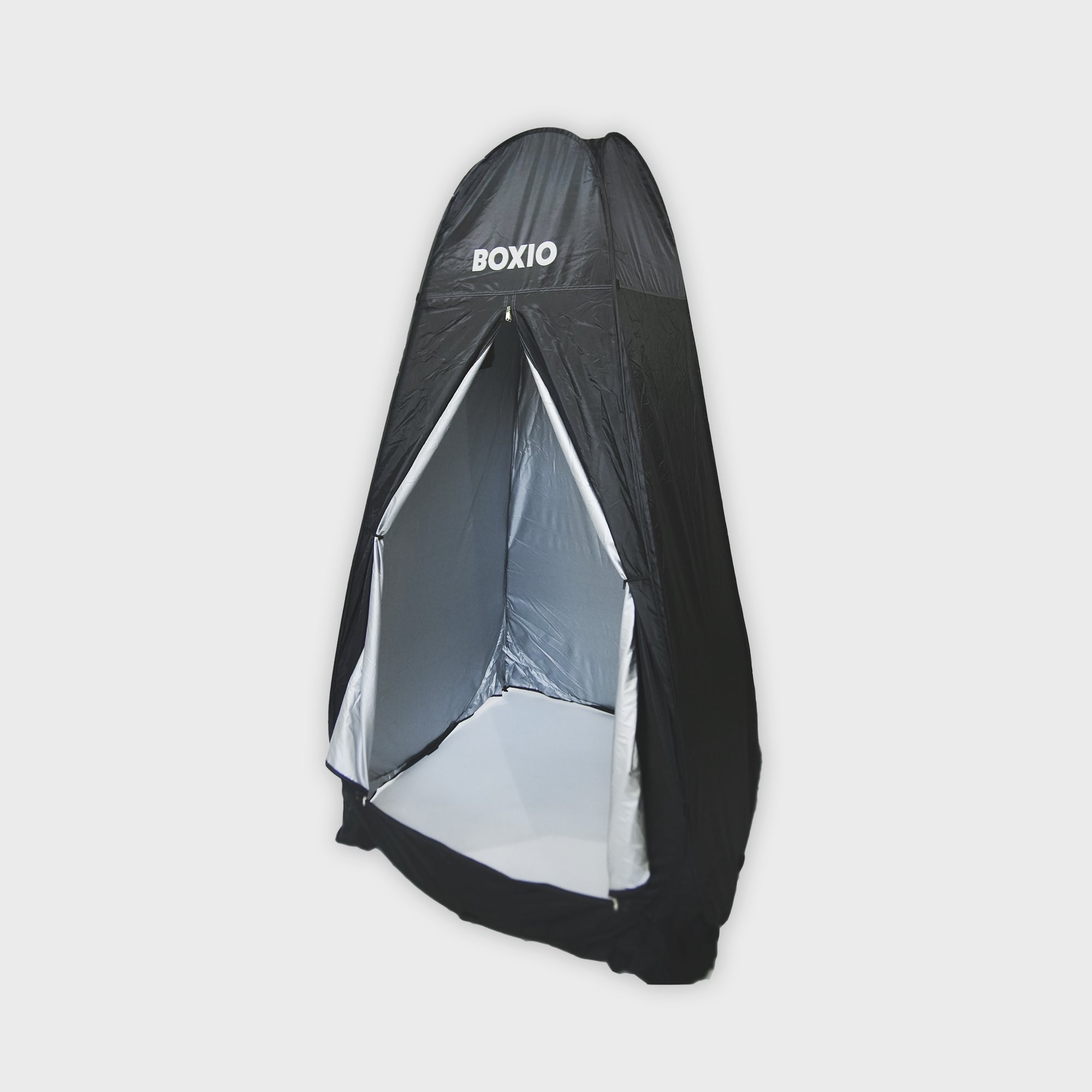


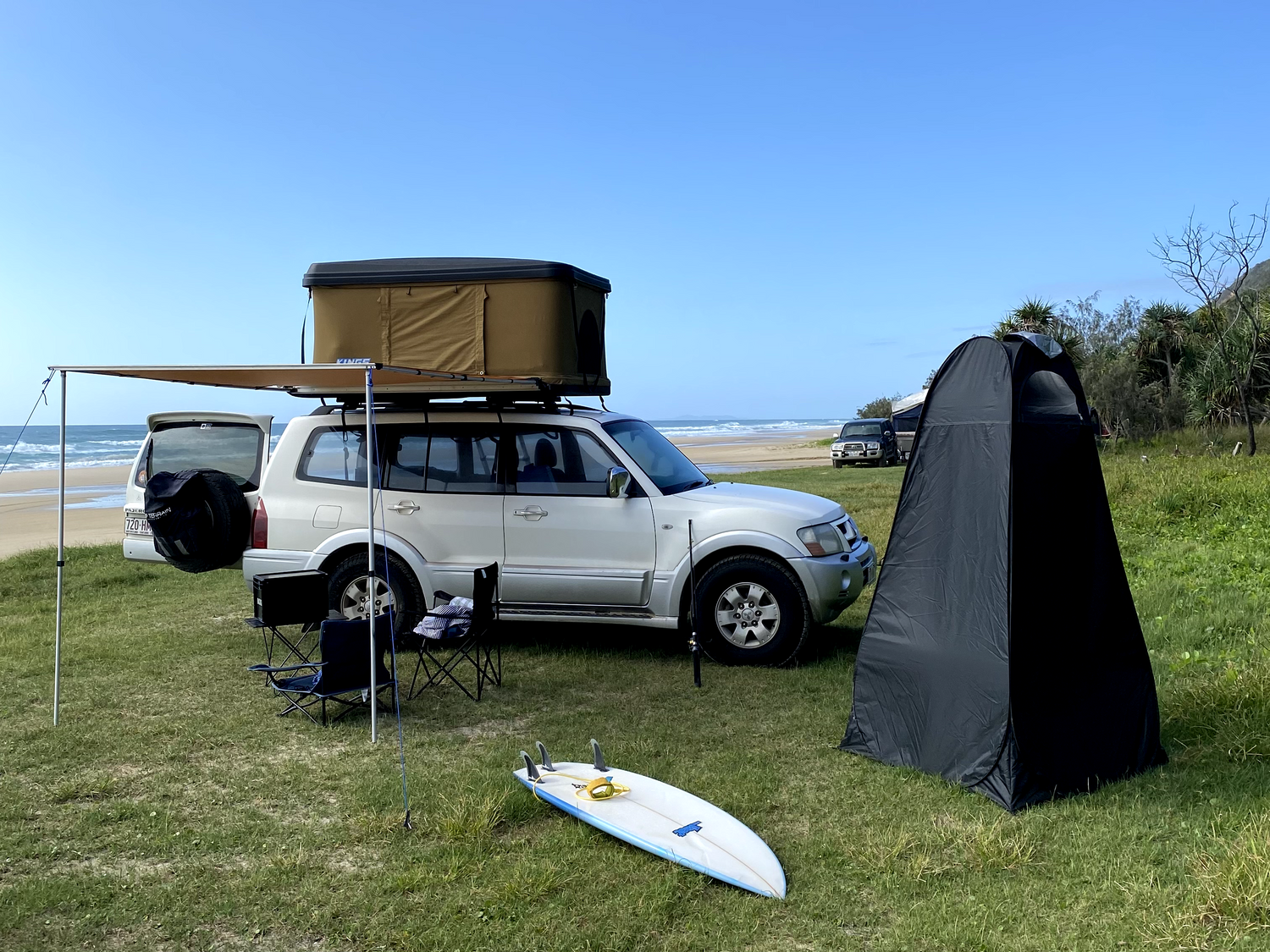
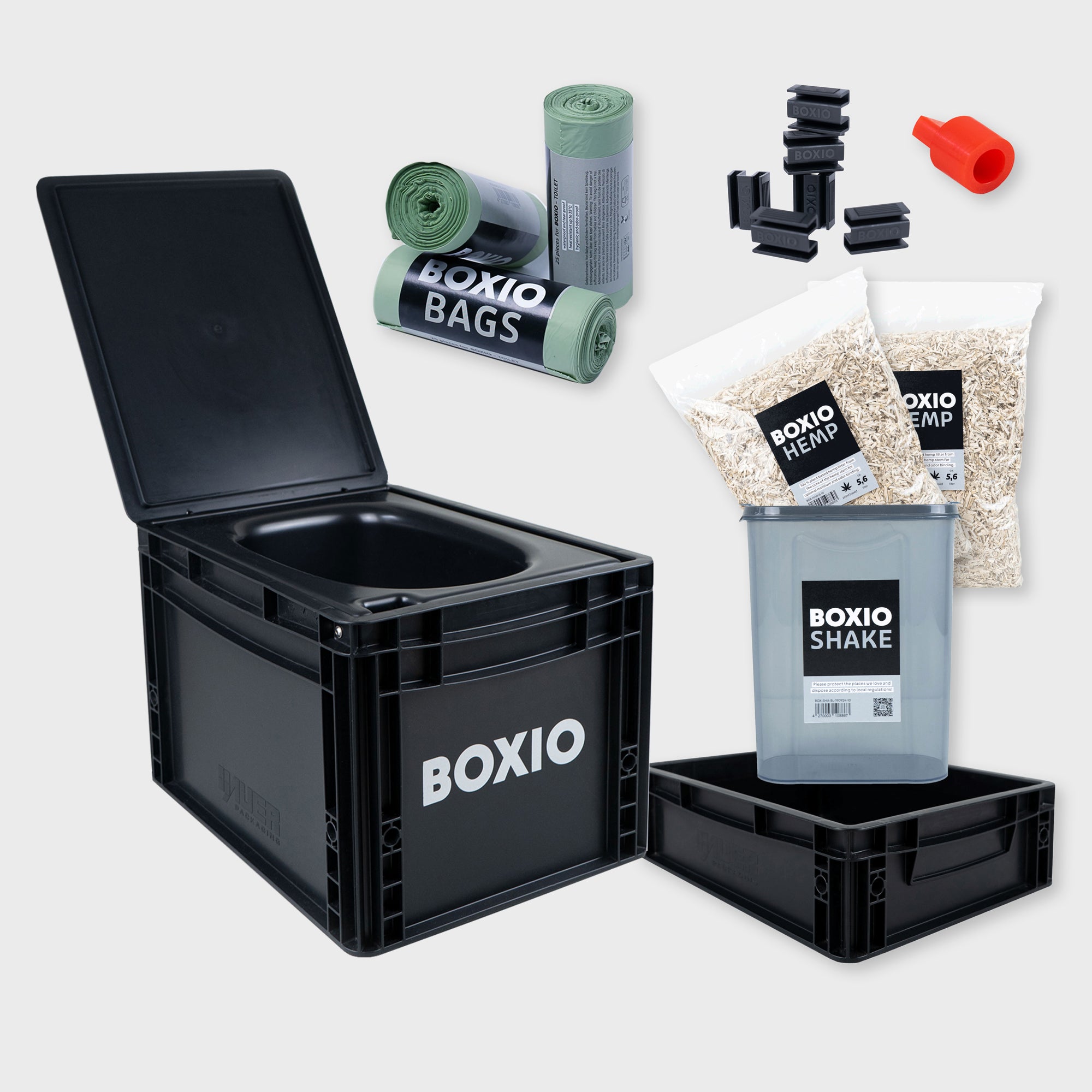
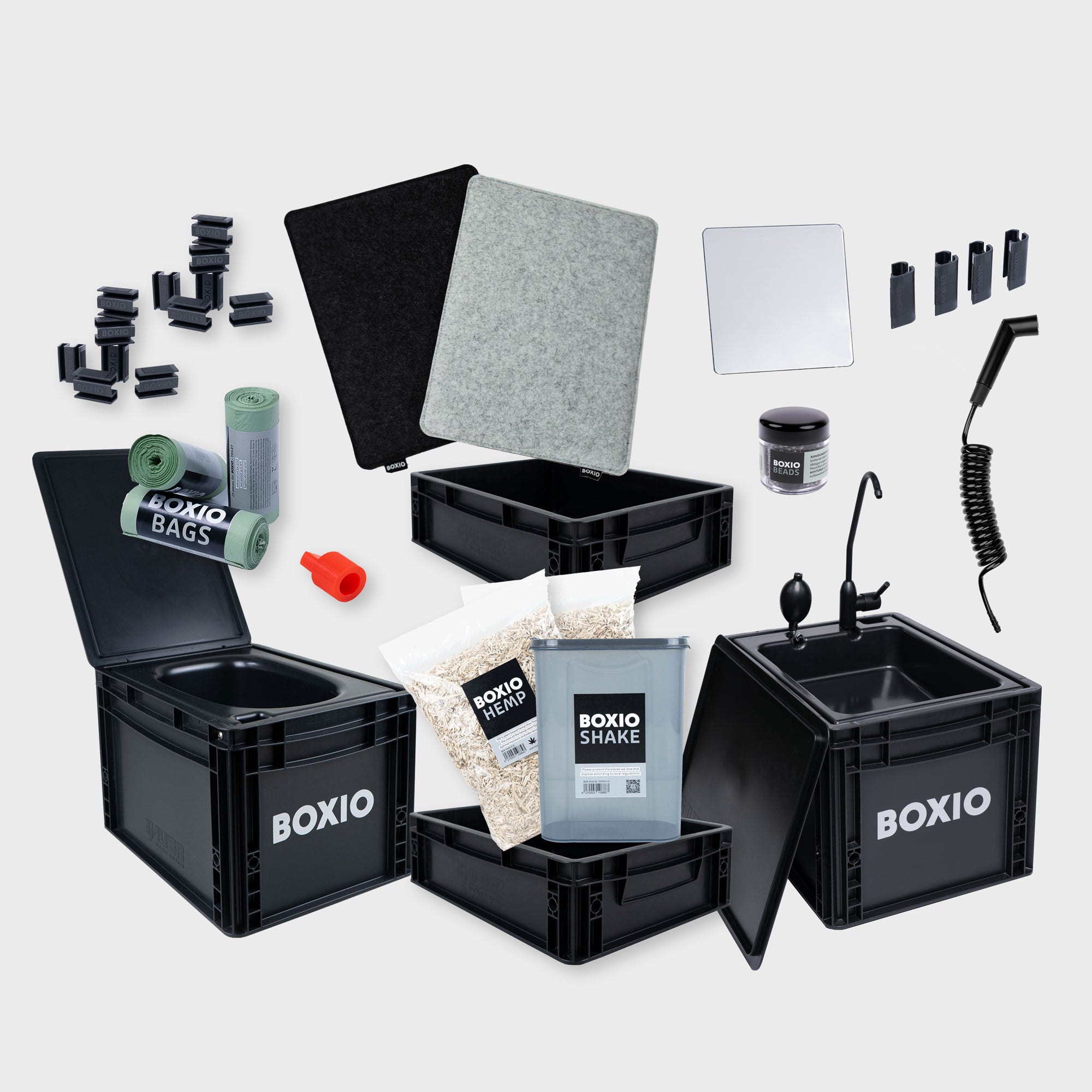




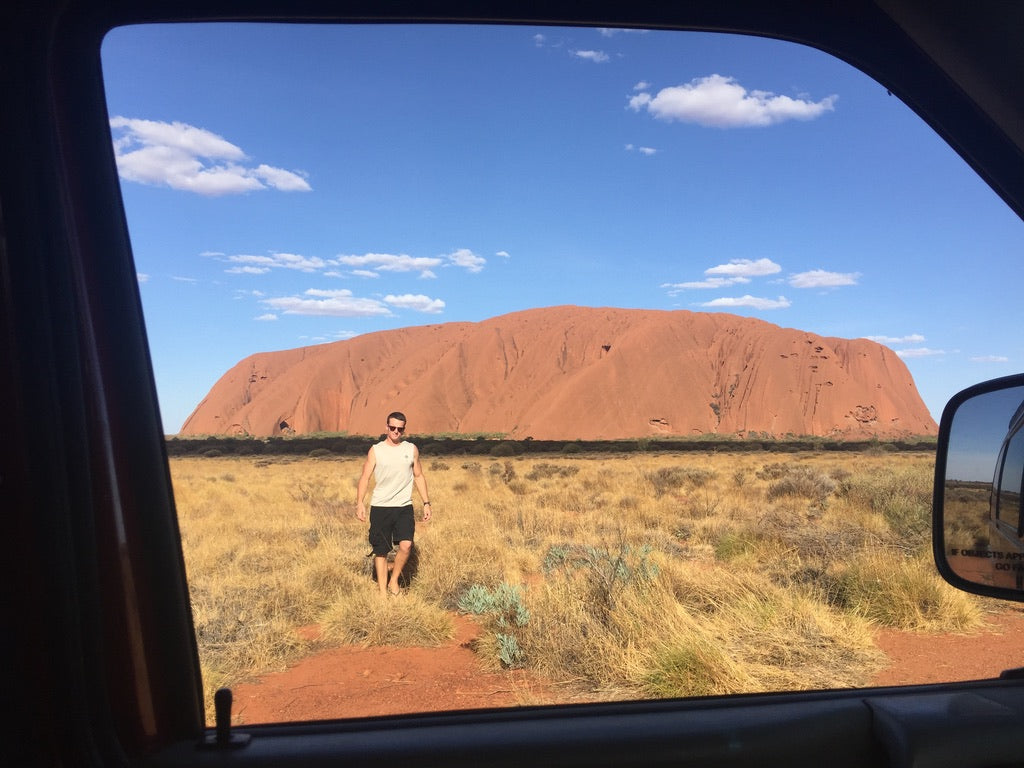

1 comment
ethan mitchell
Find tow trucks in Australia
Find detailed listings for various towing services on Find tow trucks. Discover reliable tow truck services from Emergency Towing to Motorbike Recovery.
https://www.findtowtrucks.com.au/
Leave a comment
This site is protected by hCaptcha and the hCaptcha Privacy Policy and Terms of Service apply.